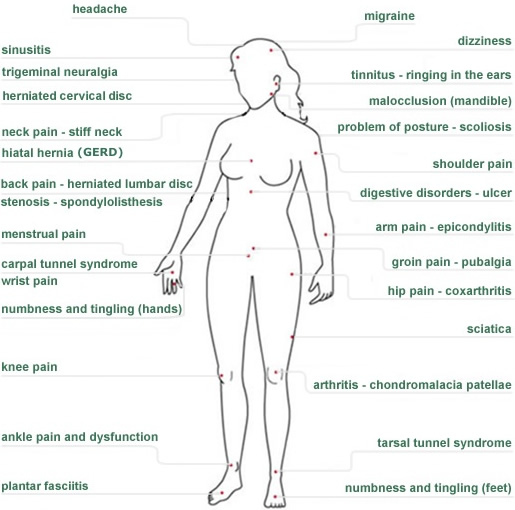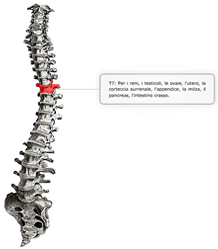Gluten
Celiac’s Disease is an autoimmune condition in which antibodies attack small intestine tissue in response to gluten. While Celiac’s is relatively uncommon (less than 2% worldwide), other forms of autoimmunity are widespread. Some estimates say 7% of the U.S. population suffer from an autoimmune disease, and numbers continue to rise.
Gluten is not healthy for anyone, but it’s particularly problematic for those with autoimmunity. Numerous studies have documented gluten’s adverse effects on conditions such as Hashimoto’s Thyroiditis, Lupus, and Rheumatoid Arthritis. There’s even an autoimmune condition known as Gluten Ataxia. This condition is similar to Celiac’s in that antibodies cross react with the body’s own tissue in response to ingesting gluten. The difference with Gluten Ataxia is that these antibodies (GAD-65) attack the cerebellum portion of the brain, thereby dirsupting coordination, posture, and balance.
Fortunately, most of us will never experience the serious neurological deficits associated with Gluten Ataxia; however, milder versions are not uncommon. Early signs of cerebellar deterioration include slumping posture, or difficulty standing upright, and chronic pain that was used to be sporadic have become constant. Some may experience progressive clumsiness, and find themselves dropping things, or tripping when walking.
When Gluten Ataxia is suspected, GAD-65 antibodies can be measured with routine blood tests. Applied Kinesiology adds another dimension of diagnosis by using muscle testing to pinpoint harmful foods.
Our current health care model is based mostly on damage control. This leaves little room for real prevention. By leading a healthy lifestyle, and undergoing maintenance care, we can take our health into our own hands.

 SCHEDULE AN APPOINTMENT
SCHEDULE AN APPOINTMENT









